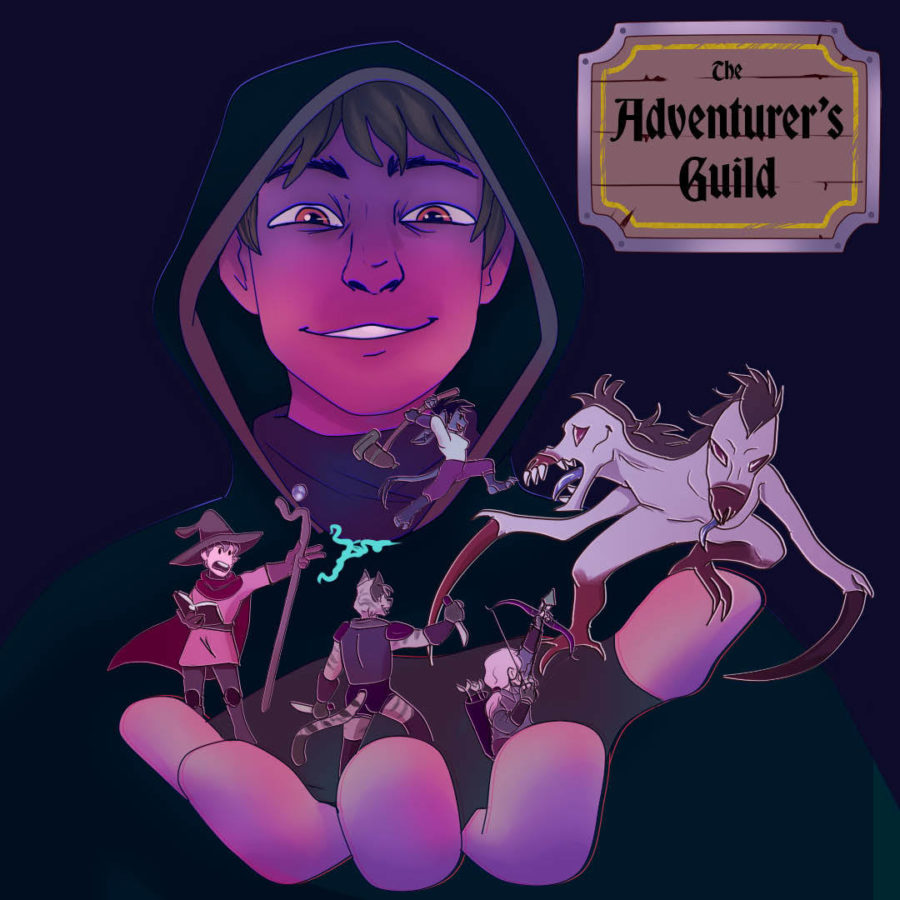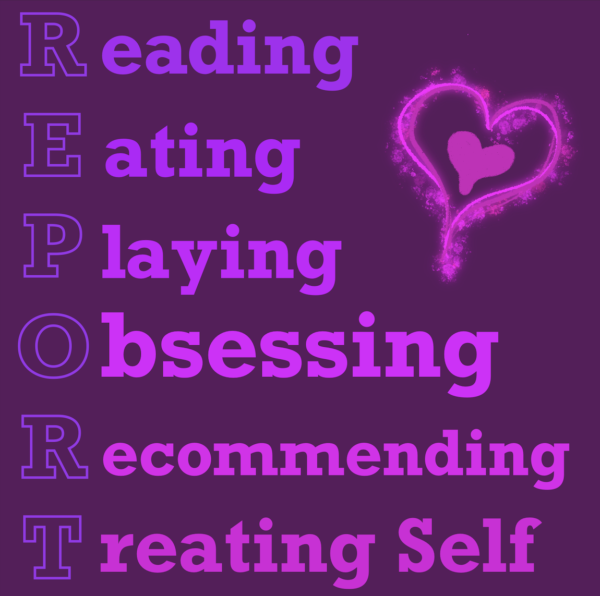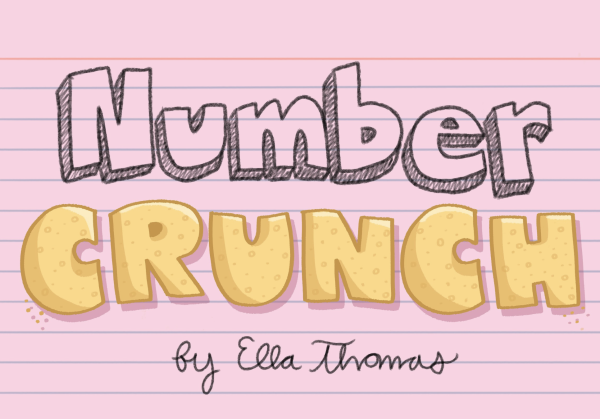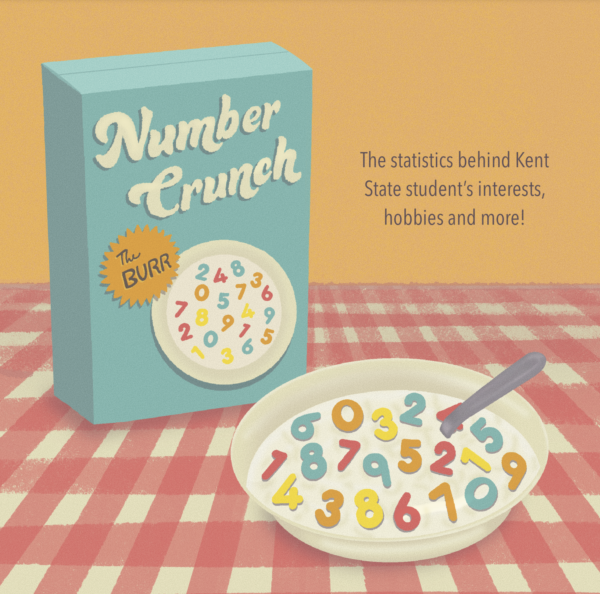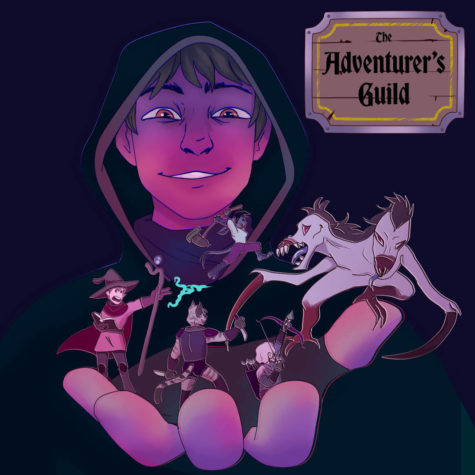Delvers of Dungeons, Slayers of Dragons
“-and as soon as he gets up on top of the statue he starts prying at the giant gems set into the eyes! We’re all at the base of the feet, telling him it was a bad idea, but he was a stubborn one, but he sure learned a lesson when it finally popped free! A dozen bolts of lightning smashed into him, and he fell like a fly on a lighting rod. Small miracle we were able to nurse him back to health after that.”
Oh! Welcome back! Hope you had fun with the Ohtari, great bunch they are. Of course now that the days are getting a bit colder, I imagine you’ll be interested in something a bit more “indoor friendly,” eh? No worries, let’s grab a pair of drinks, and I’ll regale you of the magic of Dungeons & Dragons.
Dungeons and Dragons is a fantasy-based Tabletop Role Playing Game (or TTRPG, for short) that’s been around for almost 50 years now. In Dungeons and Dragons, each player takes on the role of an adventurer, choosing a class, like fighter or wizard, and a race, like human, elf or dwarf. You get four to six adventurers with a mix of abilities, and one additional person who takes on the role of Dungeon Master (also known as a DM). It’s the DM’s job to set the stage for the adventurers, playing all the non-player characters the players interact with, both friendly allies and hostile enemies. The adventurers undergo a variety of missions designed by the DM: exploring ancient ruins, slaying powerful monsters, negotiating delicate intrigues, you name it. Different groups will tend to run specific styles of play: some prefer dungeons, some prefer combat-heavy missions, and others will prefer heavy role-play. It’s a matter of discussion, both among the players and the DM, to find a good mix of what people like to do to make sure everyone enjoys the game.
How often each group meets and for how long each session lasts is another discussion, but as a rough guideline, many groups try to meet either weekly or once every other week, for three to four hours per session. Some groups only meet for a single session, which is called a “one-shot,” but sometimes a one-shot adventure can bloom into a longer campaign if all the participants are interested in continuing. Many groups form for what is known as a “campaign,” a series of adventures that lead one to the next in an overarching storyline. Different campaigns last for different lengths of time, from a month to a semester or even years, with characters of even players coming and going as scheduling demands.
As adventurers complete adventures they earn experience. If they earn enough experience, the character goes up in level. Leveling up grants greater abilities, stronger spells, more durability and more. Obtaining great wealth from their adventures allows them to upgrade their gear, obtaining powerful magical equipment from flaming swords to flying carpets.
Dungeons and Dragons makes use of a mixture of luck and skill when determining success and failure. Using your character’s abilities in new and creative ways allows for greater versatility and ingenious problem solving unparalleled in any video game. Around the table, success or failure is determined by dice rolls, often by rolling a 20-sided die, known as a D20, and adding the relevant modifier, trying to achieve a certain number.
D&D has exploded in popularity over the course of the last couple decades with major productions like “Critical Role” and “The Adventure Zone” among others drawing in over a million fans each. With this rapidly growing fan base, getting into D&D is easier now than ever. Here at Kent State there is a dedicated D&D club, and you can quickly find a new campaign to join easily. Don’t delay, a new adventure begins! You go grab a table and get comfy. In the meantime, I have to talk to an old friend in Waterdeep about where we’re going next.
Your donation will support the student journalists of Kent State University. Your contribution will allow us to purchase equipment and cover our annual website hosting costs.
Nathaniel Hedington is a graduate student pursuing a master’s degree in history from Brimfield, Ohio. Nathaniel has nearly two decades of TTRPG experience...












